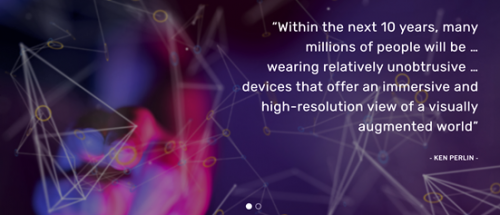02/06/2021
LITHME (Language in the Human-Machine Era)
L'Europe finance depuis le 6 octobre 2020 et jusqu'au 5 octobre 2024 une action COST (European Cooperation in Science & Technology) appelée LITHME (Language in the Human-Machine Era). Je me réjouis d'avoir été acceptée comme membre du groupe de travail WG5 Language learning and teaching.
© Capture d'écran : https://lithme.eu/
Questions de travail de LITHME :
This is the ‘human-machine era’, a time when our senses are not just supplemented by handheld mobile devices, but thoroughly augmented. The language we see, hear and produce will be mediated in real time by technology. This has major implications for language use, and ultimately language itself. Are linguists ready for this? Can our theory, methods, and epistemology handle it?
Objectifs de la WG5 :
Emerging technologies, such as VR (Virtual Reality) and AI (Artificial Intelligence) technologies, nowadays more than ever penetrate educational settings, including foreign language teaching and learning. Therefore, the main focus of this working group is to detect those technologies (i.e. type of technology, feasibility, usefulness), which can improve and facilitate foreign language teaching and learning, possibly at all educational levels. This will be performed together with experts of other working groups, technology designers/ developers, linguists, teachers, students, as well as other stakeholders interested in this issue. In addition, the question how the use of these new technologies might change pedagogy of foreign language teaching and learning will be addressed. This working group will also explore potential of emerging technologies in aiding low-resource languages where large resources are unavailable. Thus, the core question of this working group is: How can we efficiently teach and learn in this human-machine interaction era?
During the course of this COST project, the group plans to hold expert workshops on the use of highly efficient technologies relevant for teaching and learning practices., write review studies on the benefits and limitations of emerging technologies in teaching and learning processes and conduct experimental studies on using the same technologies in different countries in order to compare mutual findings.
Publié dans 2. Projets et engagements collectifs








Les commentaires sont fermés.